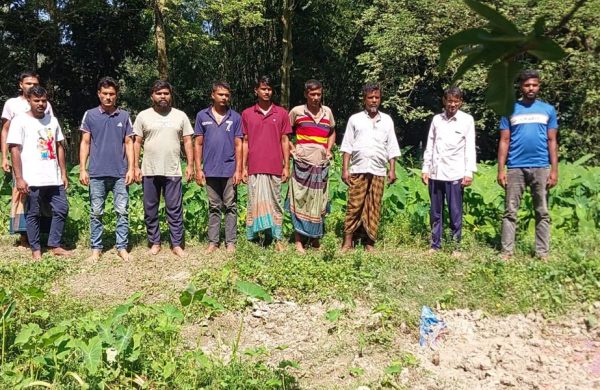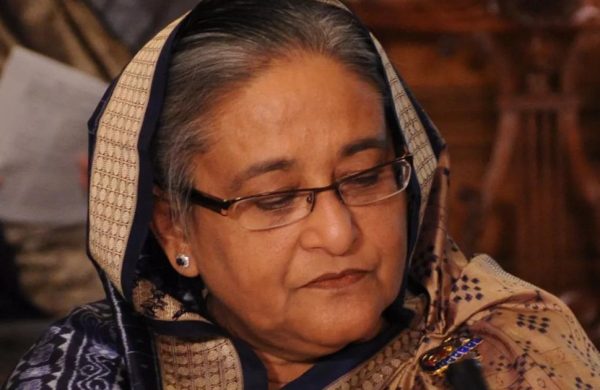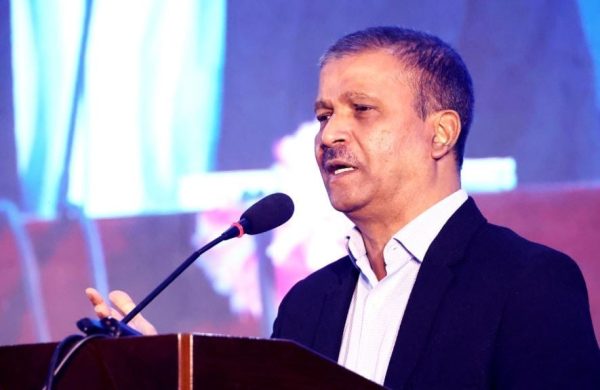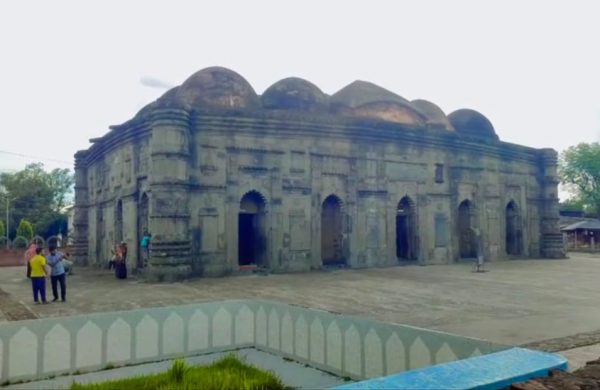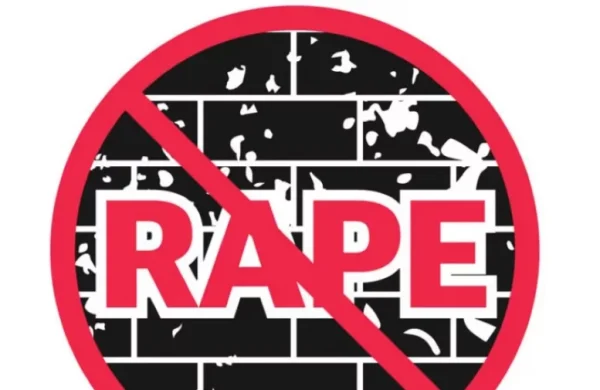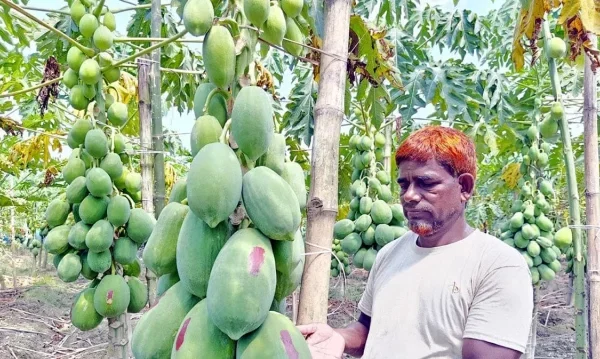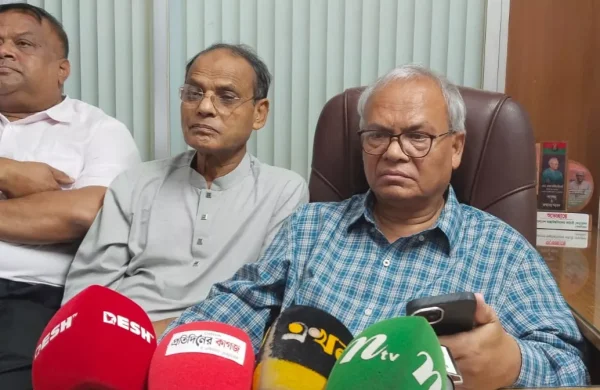Govt to blacklist corrupt dealers
- Update Time : Wednesday, October 22, 2025
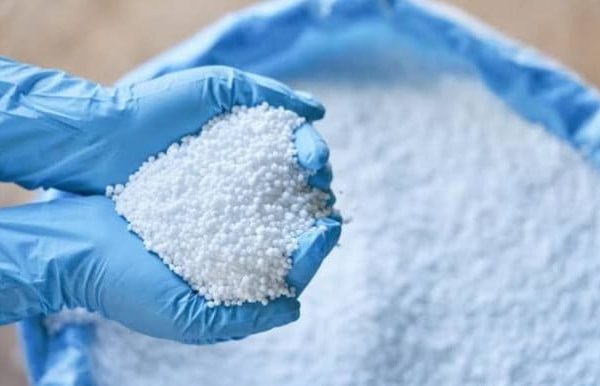
Staff Correspondent:
The government plans to cancel the licences and blacklist fertiliser dealers accused of irregularities, including open-market sales, hoarding, and creating artificial shortages, after a review found that nearly a quarter of dealers were involved in such misconduct.
New dealers will be appointed under a unified policy now being finalised.
The decision was made at a meeting of the National Coordination and Advisory Committee on Fertiliser held on 30 September, chaired by Industry Adviser Adilur Rahman Khan.
The meeting discussed irregularities in fertiliser distribution, upcoming demand, and the formulation of a new policy for dealer appointments.
According to official documents, 2,665 out of 10,814 dealers appointed by the Awami League government were found to have engaged in irregularities, accounting for about 24.66% of all fertiliser dealers in Bangladesh.
NEW UNIFIED POLICY UNDERWAY
Fertilisers are currently distributed through two agencies, the Bangladesh Chemical Industries Corporation (BCIC) and the Bangladesh Agricultural Development Corporation (BADC), which together manage over 10,000 dealers across the country.
Under the existing system, BCIC appoints dealers based on the Fertiliser Dealer Appointment and Distribution Policy 2009, while BADC selects dealers from among its seed distributors.
The government now plans to merge these systems under a single policy, the Integrated Policy for Fertiliser Dealer Appointment and Distribution 2025, which has already been approved in principle by the Advisory Council Committee.
A committee led by Ahmed Faisal Imam, additional secretary (fertiliser management and inputs) at the Ministry of Agriculture, is working on this matter.
“The policy has been approved and is now undergoing linguistic refinement. It will be issued soon, and dealers will be appointed accordingly,” he told The Business Standard.
He added that those dealers not involved in irregularities will retain their licences but will need to submit a Tk5 lakh security deposit under the new policy.
Notably, currently BCIC dealers pay Tk4 lakh, while BADC dealers pay Tk1 lakh.
BADC Chairman Md Ruhul Amin Khan also confirmed that both BCIC and BADC will follow a common system for appointing dealers once the new policy comes into effect.
SCALE AND NATURE OF IRREGULARITIES
According to the meeting’s working paper, 147 dealers were appointed in violation of policy and were found guilty of irregularities.
It also states that 2,161 were appointed in breach of policy guidelines. Furthermore, 9 dealers were lawfully appointed but found guilty of repeated irregularities.
Additionally, 348 dealers, though appointed correctly, committed irregularities at least once.
In contrast, 8,149 dealers were appointed according to rules and were not involved in any wrongdoing.
Officials from the Agriculture Ministry said some dealers withdrew fertiliser from government godowns and failed to distribute it to farmers, while others sold it in open markets or hoarded stock to create artificial shortages.
In some cases, fertiliser was sold under the name of deceased dealers or moved across districts for unauthorised sales.
A senior official of the ministry said that blacklisting and cancellation procedures will be completed before the next Boro season, allowing time to appoint new dealers under the unified policy.
PROPOSAL TO RAISE DEALER COMMISSION
The committee also discussed a proposal to revise dealer commissions, which have remained unchanged since 2008.
Fertiliser prices were originally calculated with a Tk2 per kg commission for dealers, but costs of transport, labour, and handling have increased significantly over time.
At the meeting, Agriculture Secretary Imdad Ullah Mian said the stagnant commission had become unrealistic given rising expenses.
Adviser Adilur Rahman Khan stated that while the dealer commission could be raised, the retail price of fertiliser for farmers “must remain unchanged.”
Additional Secretary Ahmed Faisal Imam informed the meeting that increasing the commission by Tk2 per kg would raise government expenditure by Tk1,160 crore.
The Finance Division was asked to provide its opinion before any change is implemented.
FERTILISER DEMAND AND IMPORT PLAN
For the 2025–26 fiscal year, the national demand for fertiliser has been estimated at 58 lakh tonnes, including: 26 lakh tonnes of Urea, 7.5 lakh tonnes of TSP, 14.85 lakh tonnes of DAP, 9.5 lakh tonnes of MOP, 20,000 tonnes of MAP, 45,000 tonnes of NPKS
According to the plan, if private importers fail to meet their quotas, the government will import fertiliser through BADC.
Likewise, if BADC or BCIC cannot meet their targets for non-urea fertilisers, private importers will be permitted to fill the shortfall.
The meeting also decided to reduce the national fertiliser safety stock from 12 lakh tonnes to 11 lakh tonnes, including 4 lakh tonnes of urea.
NEW RULES FOR FERTILISER TRANSPORT
A new regulation will require transporters carrying fertiliser from government godowns to obtain registration.
Dealers will be required to collect fertiliser in person, and if they nominate a representative, that person must be an official employee of the company with formal certification.
Officials said these measures aim to ensure accountability and prevent misuse during transportation and distribution.




